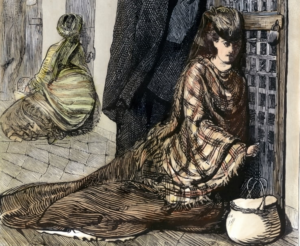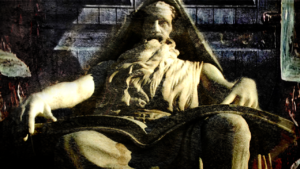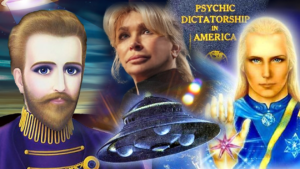Nostalgia
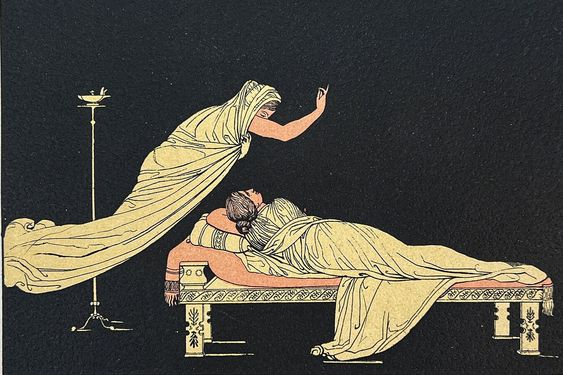
Nostalgia is one of those feelings that corporations exploit to give you a sense of illusory belonging. “Nostalgia”, as Christopher Lasch once said, “evokes the past only to bury it alive.”
So why should you avoid it?
Modern pop culture is drunk on nostalgia. Stranger Things, Star Wars, The Barbie Movie, Indiana Jones, etc. Hollywood is trying to bank off the past because they know that we all want to escape the present. The key word there is ESCAPE. Nostalgia serves to reestablish a symbolic connection with others. This connection, however, is purely symbolic and thus not real. It creates the illusion of belonging where one still does not belong. The lonelier one feels the more nostalgic one becomes. Nostalgia can be addicting since it simulates the presence of others when they are absent.
As Americans, we are most prone to this form of addiction.

As Marc Barnes writes: “The American individual must repeat, in some melodrama of Coming Out, Leaving Home, Going West, or Breaking Free, his country’s original break with Europe and the Church.”
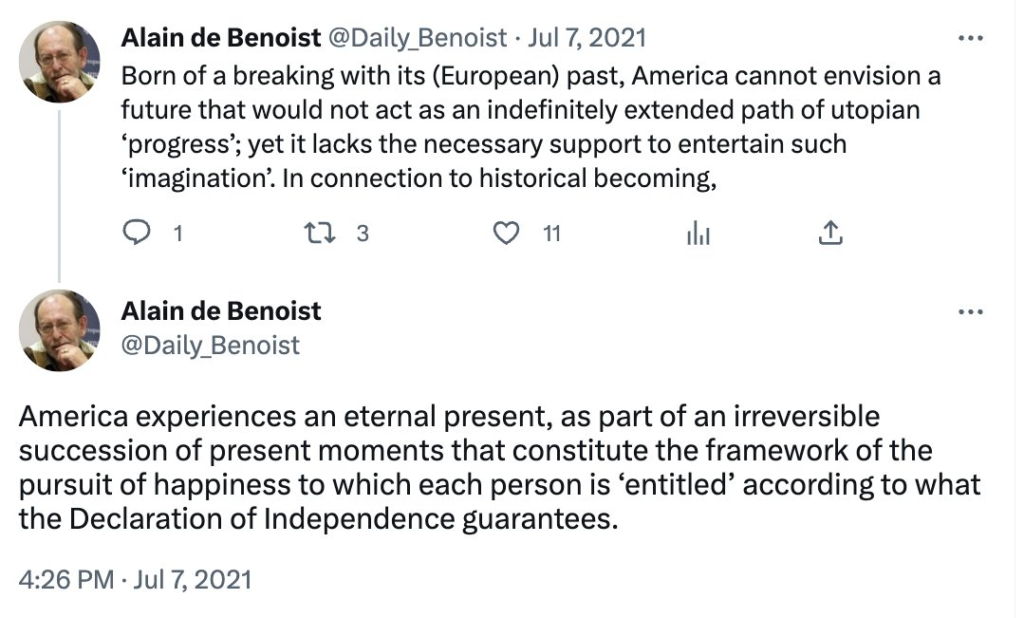
In her book Homesickness, Susan J. Matt found that Americans from the early settlers to the present have been homebodies. It’s only in the past one hundred years or so that we’ve come to idealize leaving home, to see it not just as a necessity but as proof of real adulthood. One of the perverse ways we leave home and become an ‘adult’ is by watching entertainment that depicts violence, gore, and sex. A person only knows he’s ‘mature’ in our society when he can repudiate the values he got from his home, from his childhood. Childhood entertainment is moralistic and cartoonish for a reason. Kids’ shows and movies are designed to be bright and stupid so that, when we get older, those shows – and the watered-down traditional values they preached – will become an eventual target of rebellion.
One is initiated into adulthood when he/she watches shows like Game of Thrones that are regarded as ‘realistic’ because they put sin on full display. Naturally, though, our souls long for the old morality of our childhood, so the market fills the demand with nostalgiac reboots. The market takes a religious impulse, a longing for God and home, and uses it for the sake of creating revenue streams to profit off our alienation. Politicians do the same thing.
When Nietzsche says that “The future belongs to those with the longest memory,” what he means is that Modernity will be so overburdened by memory that it will become impotent. This impotence is most obvious in our inability to innovate, to create new art. Ivan illich said: “In a society caught up in the race for the better, limits on change are experienced as a threat. At this point, the balance among stability, change, and tradition has been upset; society has lost both its roots in shared memories and its bearings for innovation.”
Every song repeats old sounds, every movie is a reboot, and all fashion imitates older trends. Culture is so stuck that we are starting to feel a sense of longing for a past we never lived (Anemoia). Think of the “little dark age” edits, the retvrn posts, etc. We are trapped in the past that never existed — a home that only exists in our minds. We must go beyond our current society with a clear consciousness of the past, instead of trying to conserve it. There is nothing left to conserve except our hope for a better future. Tthe crisis brought about by the idea of the total revolution.
The metaphysical roots of our current crisis can be traced back to the political nostalgia of the enlightenment. As Evola pointed out, the Enlightenment’s view of man disrupted the spiritual unity of the personality. It concentrated the sense of self on the physical part of one’s own being. This view would acquire its reactionary counterpart with Nietzsche in the 1800s. Nietzsche sought to “keep faith with the earth.” He identified with the irrational forces of nature that Dionysus embodied. In an attempt to unleash those subterranean powers, he smashed every idol and moral system that came before him. The final result of Nietzsche’s vision of the world is a whole complex of forces that (at their root) have no object (Samsara).
When the will becomes the supreme legislator of all things, sin takes posession of the soul. You don’t need to return to your roots or build some idyllic utopia once you fear God.
In Homer’s Odyssey, Odysseus longed to return home to his wife Penelope. As Homer said, “Odysseus, who would give anything for the mere sight of the smoke from his own land, can only yearn for death.” He nostalgically yearned for a past he had lost, just like us today. Everything he encountered on his return to Ithaca, however, was different and new – his family and relationships, the political situation; even the physical landscape had changed after twenty years. He had to see things afresh, and reconnect with his past in a new way.
The theme of ‘recognition’ (anagnorisis) is key to understanding Odysseus’s return. Anagnorisis refers to the new understanding that we acquire of a person, a place, or a situation that we already knew but now perceive in a different light.
After his return home, nobody recognizes Odysseus in his disguise EXCEPT his wife Penelope. What does this tell us? Times may change, and homes can be lost, but even amidst nature’s flux…love remains permanent. Love allows us to see what is old and familiar in a new light.
When we feel nostalgia, isn’t love the answer we are seeking? When we rebel, don’t we long to recreate a time in our lives when our loved ones were present? Nostalgia can be a powerful motivating force to find love again, but today it is used to channel our discontent.









